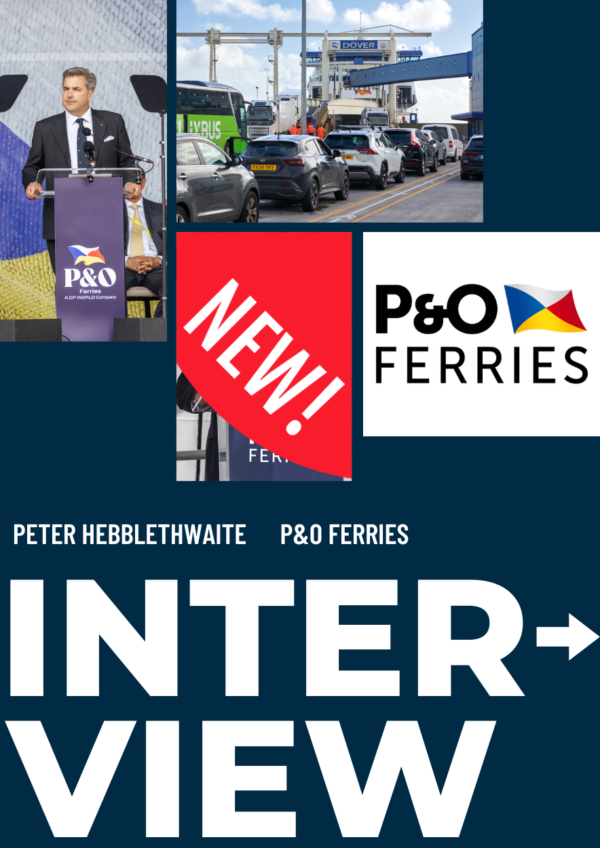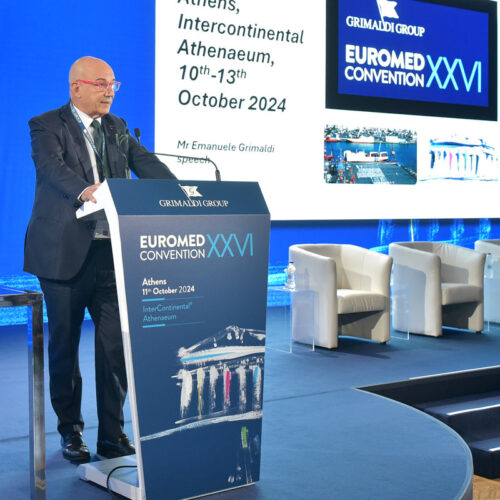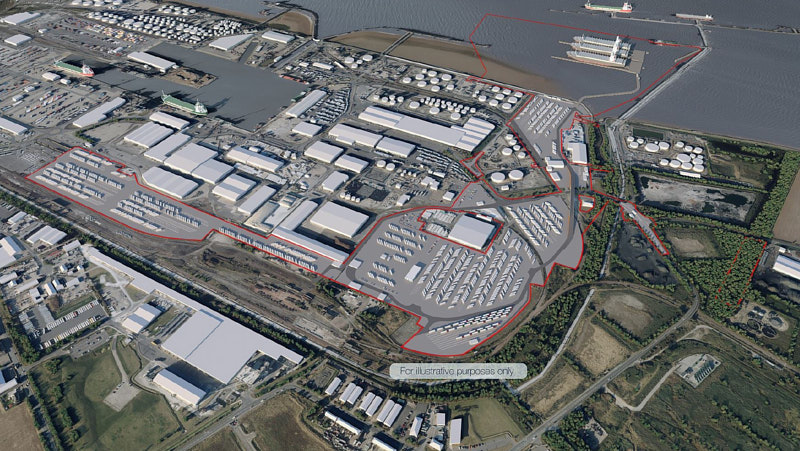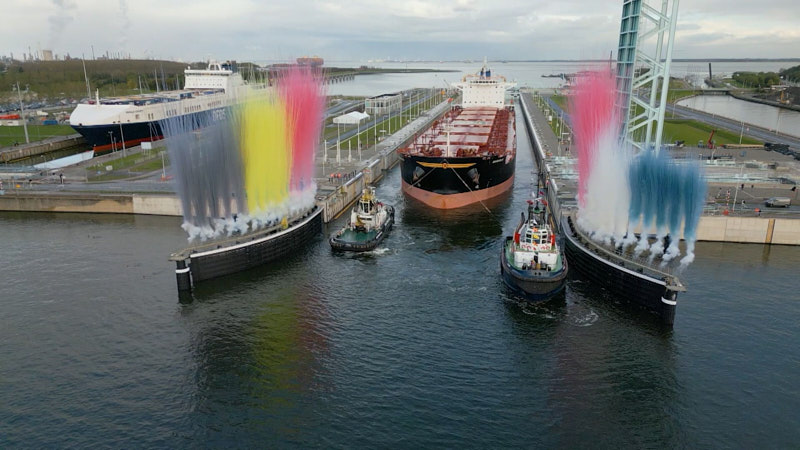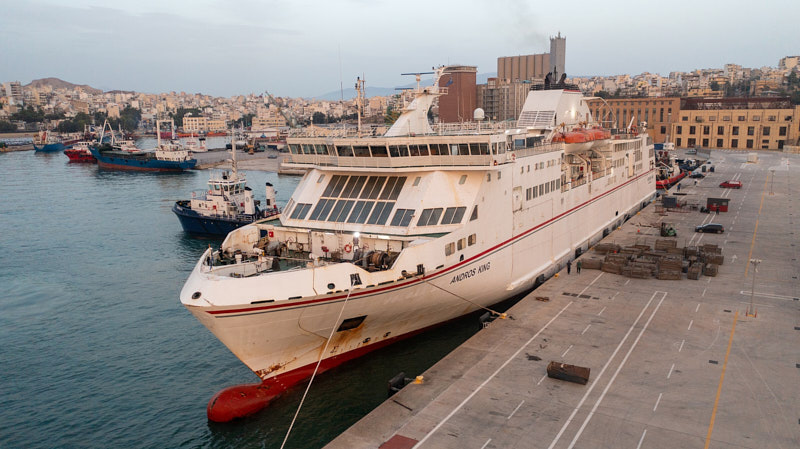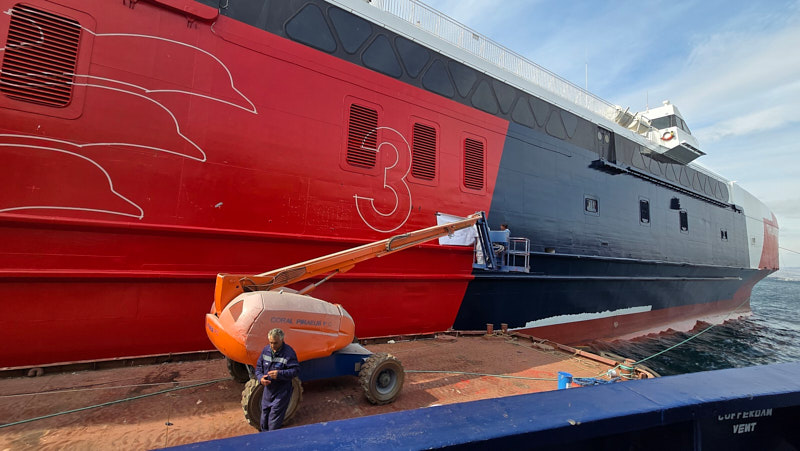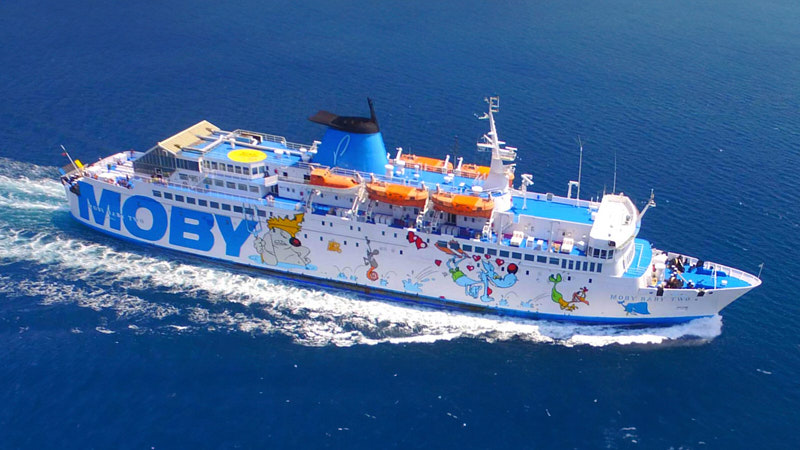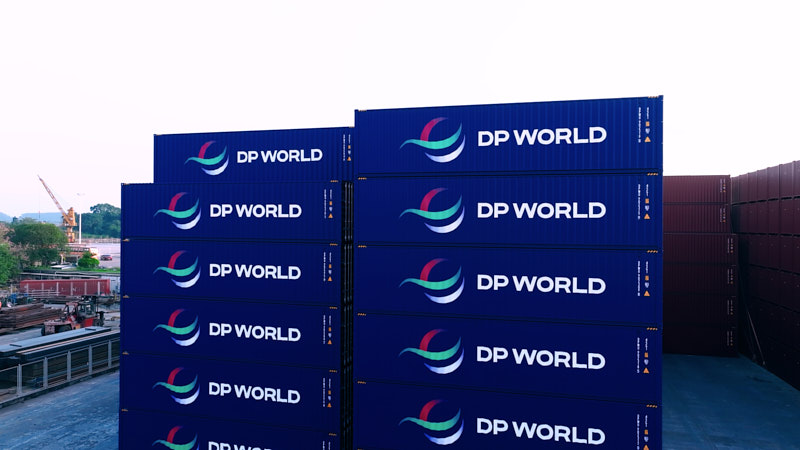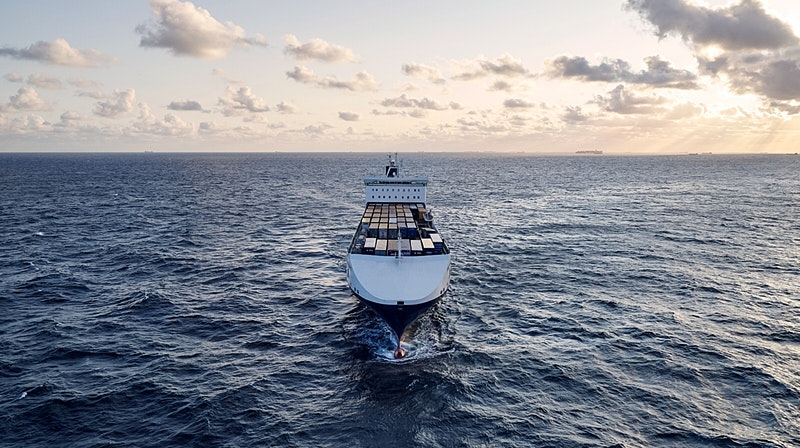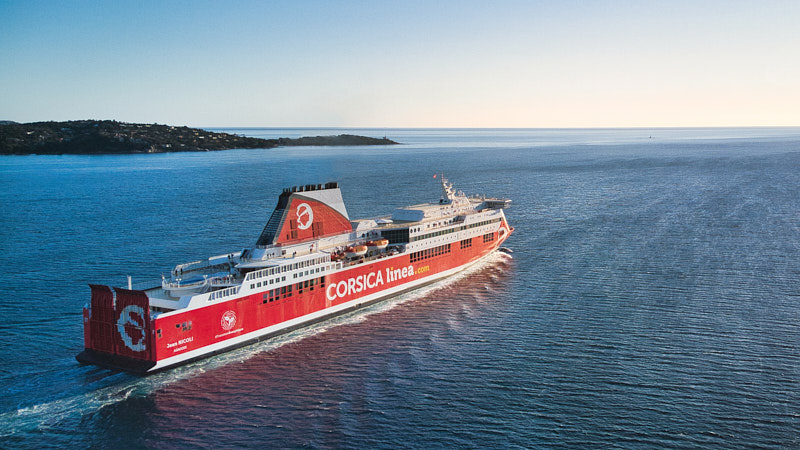At the XXVI Euromed Convention held in Athens, Greece, Grimaldi Group’s CEO, Emanuele Grimaldi, confirmed that by the end of 2024, an order is likely to be signed with a Chinese shipyard for nine new RoPax ships. This move aligns with the company’s strategy to modernise its fleet and support its sustainability goals by enhancing efficiency and reducing emissions.
Grimaldi specified that six ships will be for Grimaldi Euromed (four) and for Minoan Lines (two), ‘methanol ready’, with 3,300 lane metres, capacity for 2,500 passengers and 300 cars, along with 300 cabins.
The remaining three will be for Finnlines, biofuels/methanol ready, with 5,400 lane metres of garage space, capacity for 1,000 passengers, and 300 cabins.
As for their future deployments, the seasoned shipowner stated that the newbuildings for Finnlines (an evolution of the last two units delivered) will be introduced on the Travemünde-Helsinki route, while those for Minoan are expected to operate on the Piraeus-Heraklion link. The other four RoPax newbuildings for Grimaldi Euromed are likely to cover the Brindisi (or Ancona)-Igoumenitsa route in the Adriatic Sea, and the Livorno-Palermo or Naples-Palermo routes in the Tyrrhenian Sea.
It’s possible that two of these new ships will also serve routes to and from the Sardinia region.
The delivery date for the first units is expected in 2027.


